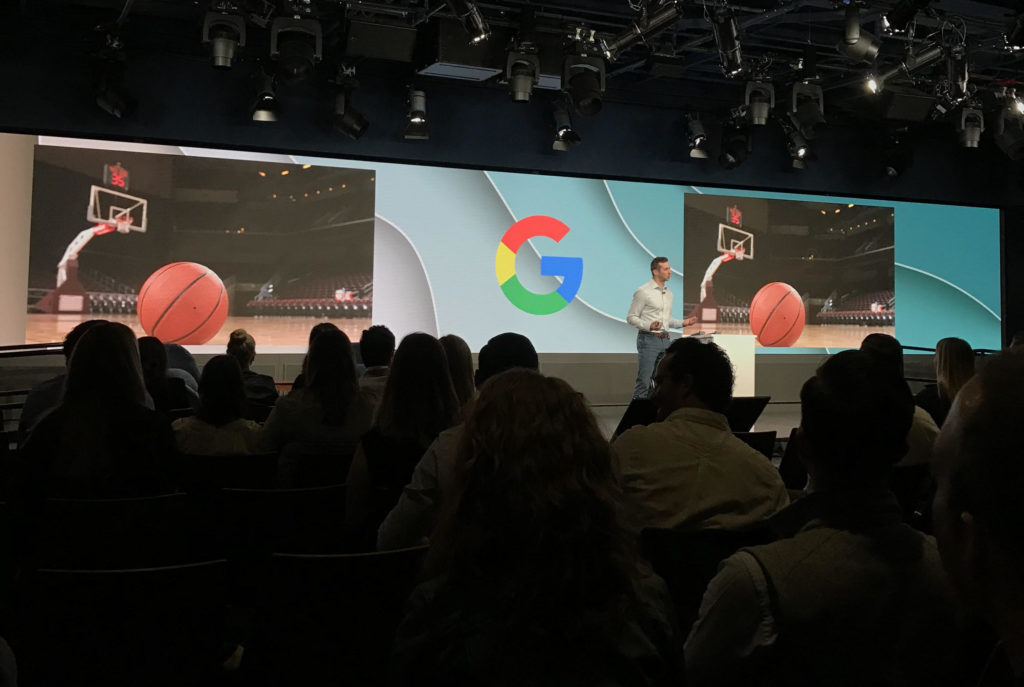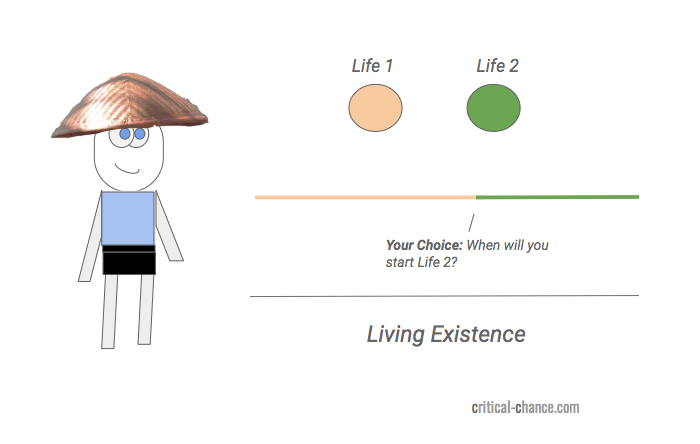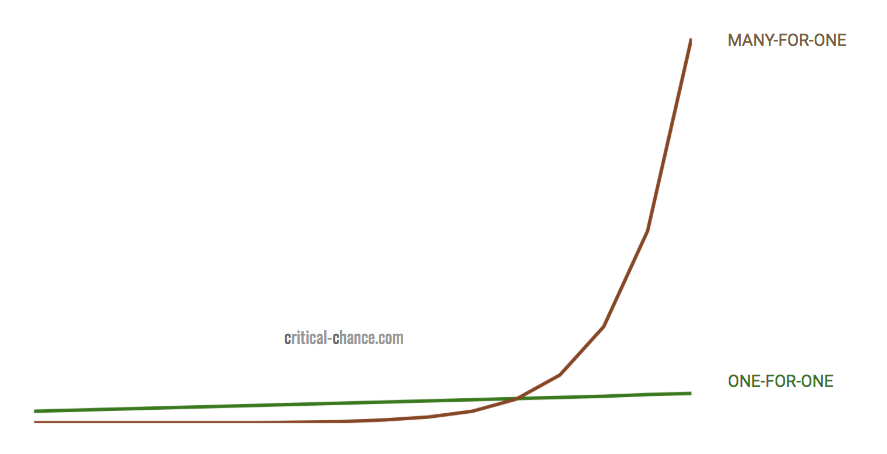These past few weeks, I’ve been traveling across the country to present my talk, “The Happy Key To Success,” to teams across Google. I was invited to offsites in Atlanta, Boulder, and Los Angeles.
But wait, why talk about happiness at Google?
One thing we fail to understand is that our external world does not necessarily correlate to how we feel inside. Only 10% of your happiness is predicted by external things like you drive a nice car, or you work at Google. Whereas 90% of your happiness is predicted by your perception and how you view the world – something I was fortunate to learn from Shawn Achor +8 years ago.
Important points:
- Happiness leads to success, not the other way around
- Your perception, quite literally, shapes your reality
- Our attitudes and choices impact those around us
I feel lucky to have the opportunity to bring these ideas to the forefront. Huge thanks to all of the organizers who invited me to speak, and the attendees who were open to these ideas. People who work at Google are already very smart and talented, and I get excited when I think about how much more they can achieve with positive psychology.
It’s the small things that we choose to focus on, that shape us into who we become.
If we can just slightly change your perception, we can dramatically influence your happiness, and create a real revolution.
Now get going!
If you’re interested in having Alex speak at your company, you can express interest here.



